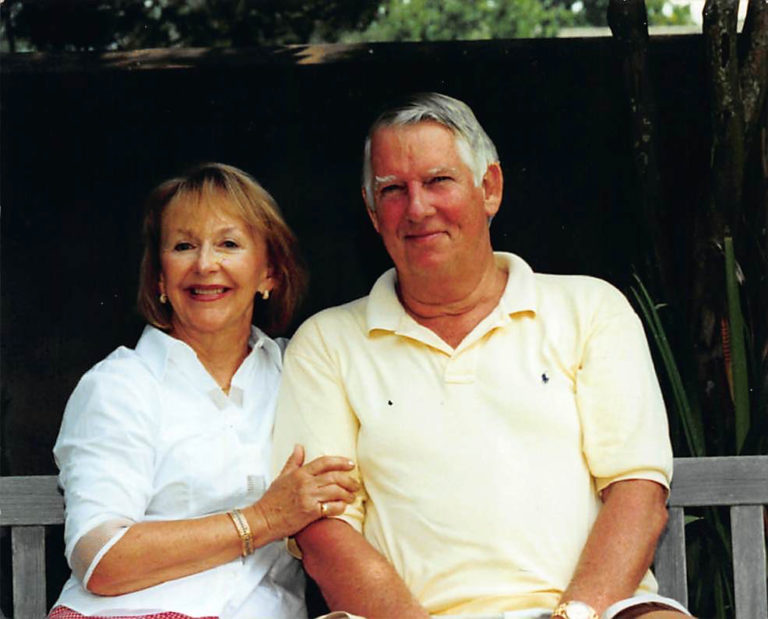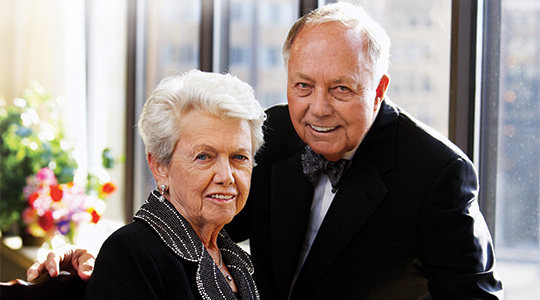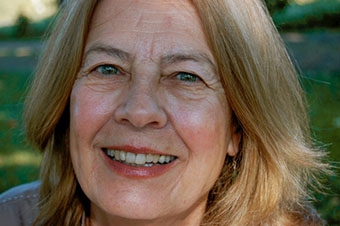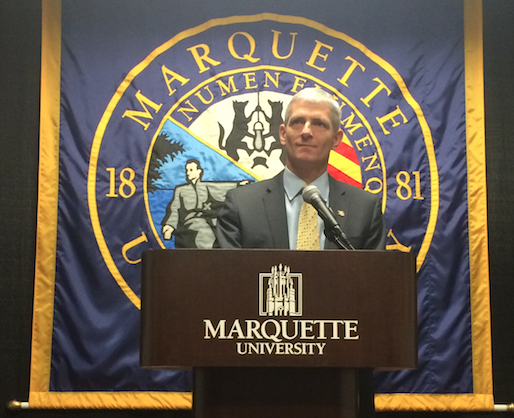Michael Kubly, an alumnus of Marquette Medical School, now Medical College of Wisconsin, and orthopedic surgeon, died Jan. 23 from blood cancer. He will continue to impact Marquette University through his and his family’s donation to the mental health research program.
In 2015, Michael and Billie Kubly, his wife, gave a $5 million endowment to the College of Health Sciences to start the Charles E. Kubly Mental Health Research Center. Kubly’s gift enables Marquette researchers to gather the preliminary data necessary to help the program receive federal grants, said William Cullinan, the dean of the College of Health Sciences.
Cullinan said the ultimate goal of this research is to find effective, faster-acting treatments for depression.
The family’s stake in the battle to destigmatize and cure depression is a personal one. The Charles E. Kubly Foundation is named after Billie and Michael Kubly’s son, a Marquette Graduate School of Management alumnus, who died by suicide in 2008.
“(The Kubly’s) believe, as we do, that if depression is a biological disease, then there ought to be a biological solution,” Cullinan said.
Cullinan said that part of the goal of the research is to find fast-acting medication that could benefit depressed individuals like Charles Kubly who may not be responding to medication currently on the market. He also said research that has the ability to change a field is often inherently risky.
However, he said he is encouraged by the dynamic and collaborative environment fostered by the faculty and students conducting research on mental health. Cullinan said the researchers’ commitment to this cause is exemplified by the fact that none of the faculty have left the department in 15 years.
In addition to the Kubly family’s personal donations to Marquette and other institutions that aim to find the cure for the disease of depression, the family also started the Charles E. Kubly Foundation.
Anne Homestad, the executive director of the Charles E. Kubly Foundation, said the organization supports research programs and groups that contribute to the effort to de-stigmatize depression.
“We just feel like if people can talk about it, we’re going to be able to prevent suicide because people will be able to access the resources that will help them,” Homestad said.
After spending many years in the banking world, Homestad came to work for the Charles E. Kubly Foundation in April 2017.
Homestad came to know Michael Kubly through the board meetings that took place at the Kubly family’s home.
“I did have the luck of being here long enough to get to know Mike,” Homestad said. “He would always be there with a story and a joke and their two dogs.”
She said she was motivated by the mission of the foundation after having a personal family experience with depression.







